The Power of Self-Compassion in Leadership and Cognitive Diversity Can Transform Workplaces
Mental health and a sense of belonging are critical issues in today’s workplaces. So much that it is essential to practice self-compassion and form a better understanding of cognitive diversity. Leaders today must navigate the complexities of fostering connection and reducing isolation among their teams. Recent studies indicate that 40 percent of employees feel disconnected at work, highlighting the urgent need for solutions.
How can leaders cultivate an environment of self-worth and connection?
On this episode of Holistic Leadership, host Geoffrey M. Roche, Healthcare Executive Advisor at LEAD3R, explores several of these themes with Massimo Backus, Chief Coaching Officer of Massimo Backus Leadership. They discuss the transformative power of self-compassion and the recognition of cognitive diversity in effective leadership.
Some takeaways of their conversation explored:
- The significance of self-compassion in overcoming imposter syndrome and perfectionism.
- How recognizing cognitive diversity can turn perceived disabilities into strengths.
- The critical role of leaders in creating psychologically safe environments for their teams.
Massimo Backus is the Chief Coaching Officer of Massimo Backus Leadership. He has over 15 years of experience in talent development and leadership coaching. He has worked with thousands of leaders across industries, including Fortune 500 companies like Cisco, Amazon, and Salesforce. Backus is also the author of Human First, Leader Second, emphasizing the importance of humanity in leadership.
Article by Alexandra Simon.




